For the dwindling segment of consumers who are either not interested in having an app ecosystem on their music player or for whom raw capacity is the paramount concern, the iPod remains the overwhelming favorite, according to new data provided to AppleInsider.
Apple commands a staggering 72 percent of the market for standalone music players, NPD research analyst Benjamin Arnold recently told AppleInsider, though the overall size of that market continues to contract amidst cannibalization from smartphones — Â the last twelve months alone have seen it shrink by 33 percent.
Cupertino, Calif.-based Apple has never been afraid of reducing demand for one of its devices by creating demand for another, an attitude that permeates the company's executive ranks. Former Chief Executive Steve Jobs was famously quoted as saying, "if we don't cannibalize ourselves, someone else will."
As early as 2009, the company indicated that it knew iPhone growth would come at the expense of the traditional iPod business, and Arnold believes the latest iPhones are encroaching even further on one of the flash memory-based iPods' traditional strongholds: exercise.
The mid-range iPhone 5c boasts a tougher polycarbonate shell, and the new M7 motion coprocessor in the flagship iPhone 5s adds the ability to accurately capture an enormous amount of data when working out — both attractive updates for fitness buffs looking to trim the number of devices they are forced to care for. That said, the iPod lineup does retain some advantages over its communications-based siblings.
iPods are much smaller and lighter than iPhones — Â the iPod nano weighs less than one third as much as the iPhone 5s and is half its physical size. An iPod-related accident also presents a significantly less daunting financial blow, with the iPod shuffle coming in at just $49, versus $549 for an unsubsidized iPhone 5c.
The fitness market, then, may represent the floor for Apple's more diminutive music players. Arnold says a recent growth spurt in fitness-oriented headphones — Â even traditionally high-end audio firm Bose now makes a "sport" set — Â is a sign that the market is alive and well, and it may be large enough to feed both the iPod and iPhone machines.
As for the iPod classic, the only remaining hard disk-based iPod soldiers on despite not having seen an update since 2009. Though whispers of its demise multiply each time it is passed over for a refresh, Arnold believes the growing high-quality audio trend may trigger the device's resurgence as an attractive option for audiophiles.The iPod classic could experience a resurgence thanks to the new high-quality audio trend, NPD believes.
Lossless, high-quality tracks require considerably larger swaths of storage real estate than their MP3- or AAC-encoded brethren. Even the Apple Lossless codec, a compressed lossless format, often produces files that are four to five times as large as standard MP3s. A typical AAC-encoded track purchased from iTunes is around 7 megabytes in size, where as its Apple Lossless-encoded equivalent would hover near 30 megabytes.
The iPod classic's 160 gigabyte capacity is nearly 3 times that of the iPhone's largest 64 gigabyte configuration. Even if Apple doubled the iPhone's memory to 128 gigabytes, which some believe could happen in the handset's next iteration, music would still compete for space with apps, photos, videos, and other documents.
 Shane Cole
Shane Cole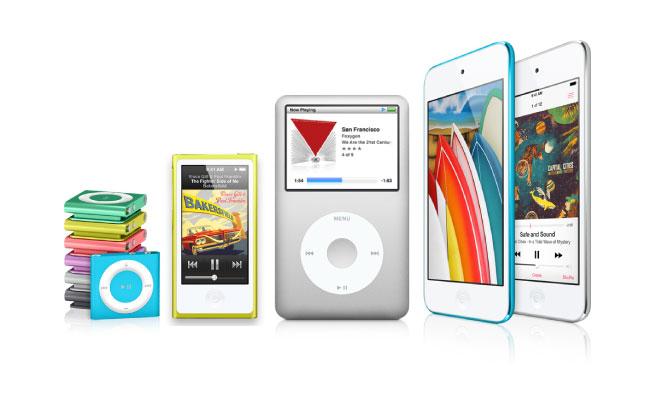
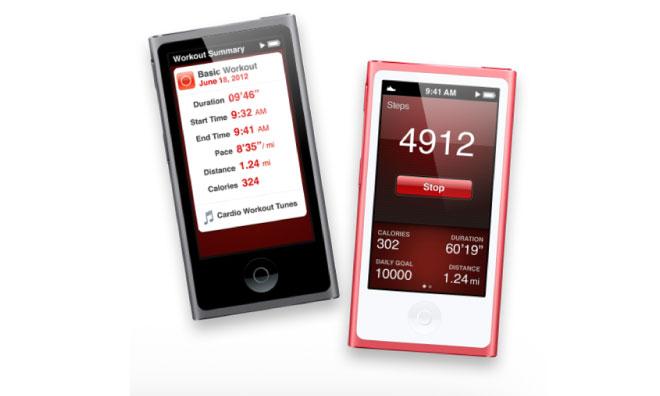
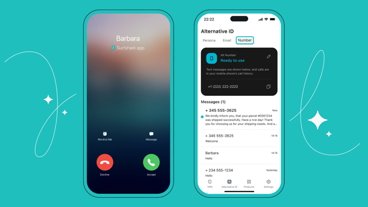
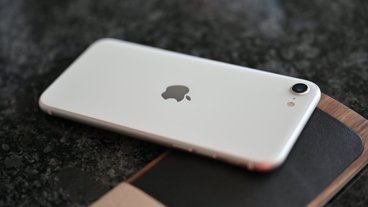
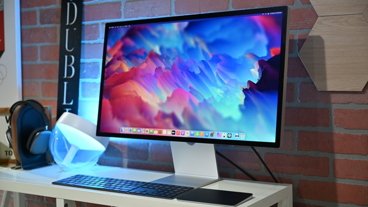
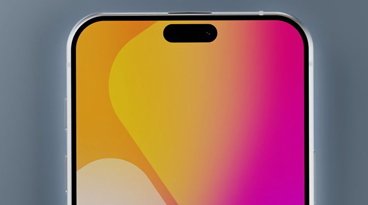

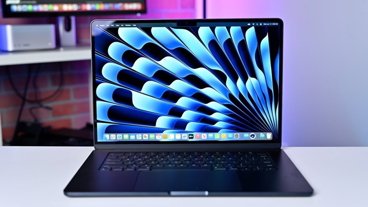
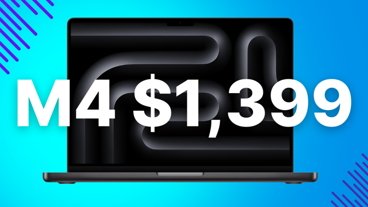
-m.jpg)



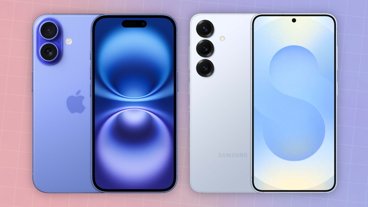

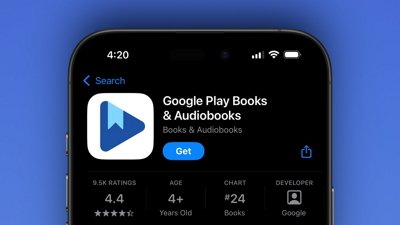
 Wesley Hilliard
Wesley Hilliard
 Malcolm Owen
Malcolm Owen
 Amber Neely
Amber Neely
 Christine McKee
Christine McKee
 Andrew Orr
Andrew Orr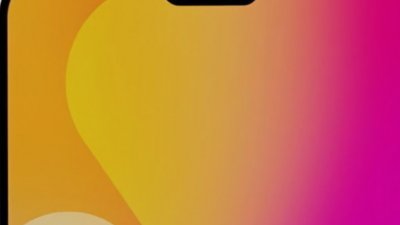
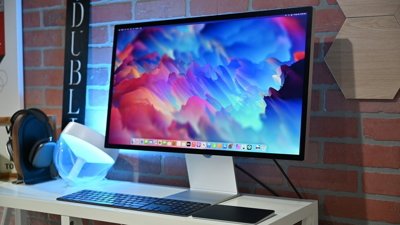
 Mike Wuerthele and Malcolm Owen
Mike Wuerthele and Malcolm Owen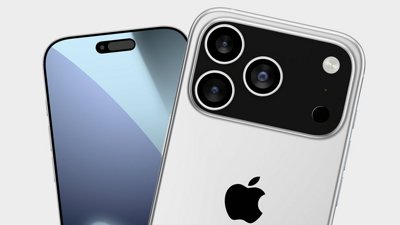

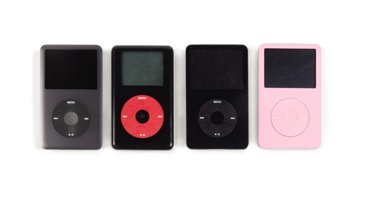
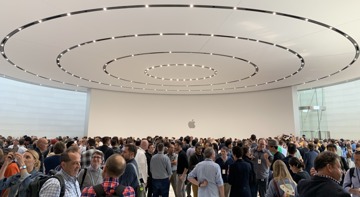
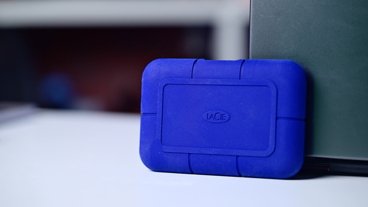

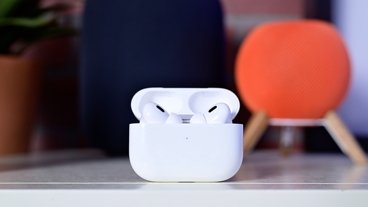
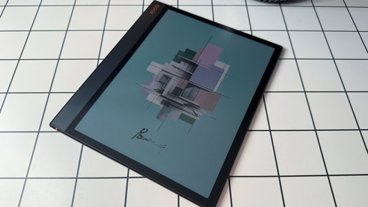
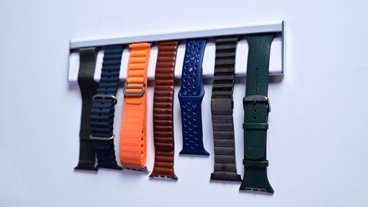
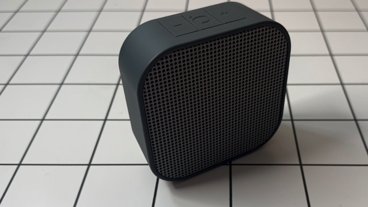

21 Comments
I'm an audiophile and download a lot of HD 24bit music and it eats up capacity like there's no tomorrow. Even the Classic's 160GB capacity is woefully inadequate!
There's no resurgence coming to the iPod line. Once Apple's wearable device comes out then there will be no need for the Shuffle or the Nano. Apple needs to make a 1TB iPod Classic and keep the Touch around until the iPhone C becomes a more affordable option for consumers.
I agree with blackbook on the shuffle being replaced by a wearable... as for a 1TB iPod Classic.. doubtful... if you figure it's at least a $400 bump from 160 to 1TB in Apple's portable storage pricing, that effectively puts the Touch higher in price than the current 5C with LTE and a couple years of iTunes Match. I think the real demise of the iPod will fundamentally be the precipitous drop in LTE connection pricing. Once you're always connected for $30 a month (Virgin Mobile and TMobile and Sprint will drive the prices down in the US), then iTunes Match becomes ubiquitous and 256bit or higher quality mp3s (or ALAC) will be everywhere, and your local device is just a cache for your favorite music. At which point the iPad Mini LTE will be the audiophiles mobile device of choice. I'm assuming that in 3 years, that the price will drop to the $299 range for a 64GB version of that.
Excluding the capacity, the iPod is not a preferable audiophile device. Even as a storage/player going out to an external DAC/AMP, you're better spending your money elsewhere.
Quote:
At which point the iPad Mini LTE will be the audiophiles mobile device of choice. I'm assuming that in 3 years, that the price will drop to the $299 range for a 64GB version of that.
No... Even if someone was to use it with a portable DAC/AMP, something like a Dell Venue 8 Pro which sells for ~$250 can run applications such as foobar2000, it has a microSD expansion slot and offer full driver compatibility with an external DAC.
What's odd is how Apple charges more for the high-end iPod Touch than what many manufacturers charge for their unlocked smartphones. Whatever. I wish that Apple would do something about the iPod line to give it a boost. I still think the click-wheel is rather unique and an excellent blind-touch interface for a music player. I believe Apple will never make a 1TB Classic because most consumers will never require that much capacity and it would be a money loser from the start. The iPod Touch definitely needs an A7 processor if its going to be touted as a hand-held gaming machine. The iPod Touch should also include an M7 processor and make the case water-resistant for workouts. If Apple wants to skimp on its cameras then so be it.
I'm personally getting sick and tired of Wall Street howling about how iPod sales are dying. It's practically a given since every iPhone contains an iPod. I think the Nano is useful as it is and if they increase the capacity, all well and good. The Shuffle may be a nice stocking stuffer but as far as I'm concerned, Apple can dump it. I feel Apple should know what to do with the iPod lineup better than anyone and if it does fill some niche then maybe it's not a bad thing to keep. Only Apple knows that for certain.